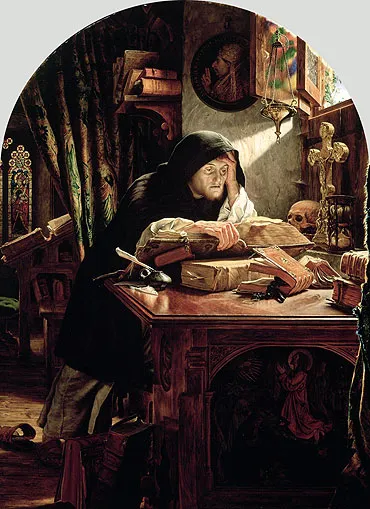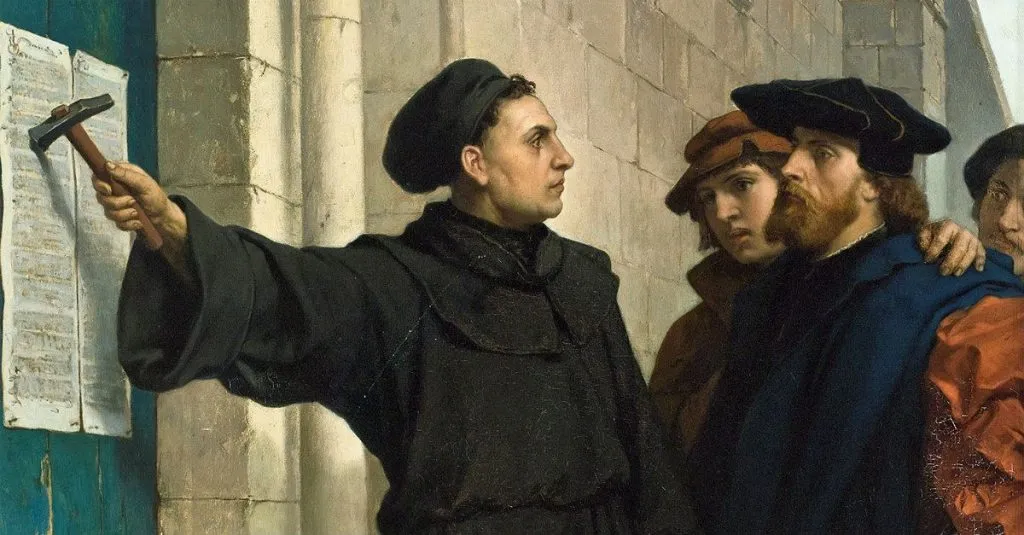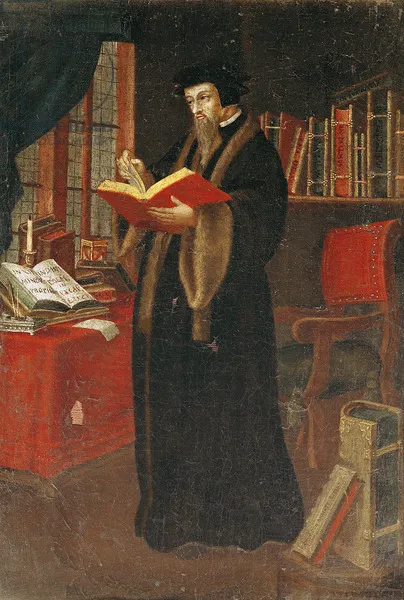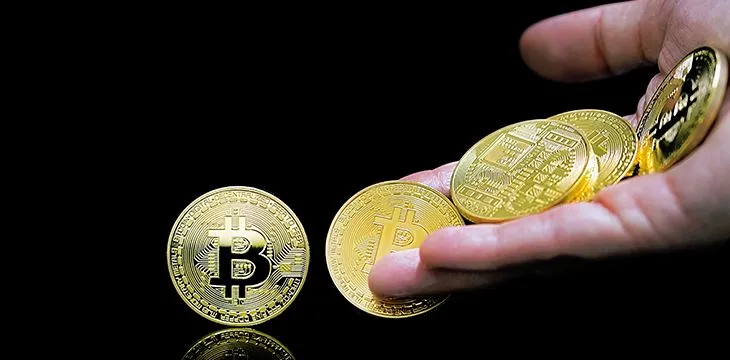|
Getting your Trinity Audio player ready...
|
The separation of power from money is our generation’s great socio-economic challenge.
Anarcho-capitalists, Objectivists, Libertarians and many members of the right and left wing agree that the symbiotic bank-state has too much control over money. Many thinkers even have some vague knowledge that bitcoin can help disconnect the bank and state. The problem is that bitcoiners of all stripes only truly agree on the broad definitions of how to achieve this separation, while the specifics get increasingly fuzzy as the details come out of the penumbra.
Some proposed solutions are general agorism, blatant tax revolts, “End the Fed” and other maxims, but they are all sung from disorganized choirs of activists. Bitcoiners lack unity and precision in their plans to proliferate freedom, and the reason is the major cultural legitimation crisis occurring in Bitcoin’s fractured cultures.
A hypothesis
Separation of bank and state will occur in much the same manner as the separation of church and state in the 16th-18th centuries in Europe. It will be initiated by the same tool: a parabolic leap in the integrity of distributed data.
A brief history of the church
In the year 1500, the Roman Catholic Church was a monolith of centrality in the European social governance. Kings required a Papal blessing to wear their crowns while anointments, baptisms, and executions for blasphemy were carried out by the church. The Pope had armies and levied non-voluntary taxes upon the people of European Christendom. Literacy was uncommon, books were extremely expensive, and news could only spread by word of mouth among merchants and soldiers, so many regions lived in isolation. The local church was one of the only sources of news and education. The church was the center of the culture, and the Bible was the center of the church. However, the Bible, at the time, was only available in Latin, and the common people were forced to trust the interpretations of Scripture from their local priest – a custom that led to accusations of corruption.
The main issue of contention was the sale of “indulgences;” a type of monetary penance charged by the church to reduce the amount of time spent in purgatory. These indulgences were a very convenient source of revenue for the local church, but they were also controversial among a faction of monks who saw the ways in which they could be easily abused. One such monk was Martin Luther, the man most notably associated with the separatist Christian movement of the time.

History calls the historical period starting with Luther’s work “The Protestant Reformation,” but the only reason it was ever remembered by history was because it was not started as a direct attack on the Papacy. It was not a military coup, nor was it even a physical uprising. However, it initiated one of the greatest relinquishments of centralized power in the history of the West.
How was the Church conquered?
Well, it wasn’t. Quite contrarily, Martin Luther was a peaceful man of the church, and there is evidence that he considered himself a Catholic of Protest (hence the word “Protestant”) until his death. He acknowledged the good of the Roman Church’s laws and authority, and he did not intend to create a new denomination of the faith. Instead, he spent his time translating the Bible into the common tongue of the people so that the parishioners could be better participants and self-governing members of the church. He envisioned every person becoming a scholar unto themselves and having a direct relationship with God without the need for trust in a third party.
But simply liberating the words was not the whole Lutheran catalyst. His bold declarations against the church, posted to the Wittenberg Door, were uniquely powerful, but they would not have left Saxony without the new mass-communication technology in his era—The Gutenberg Printing Press.

The press allowed the Bible to be distributed in the common tongue cheaply for the first time, so it allowed people direct access to raw data—allowing them to interpret it without the need for trust. This liberation of the raw data about the Law, Word and prophecies of Scripture, rapidly innovated the culture of Europe; igniting the first German Nationalist and Christian libertarian movements that spread rapidly. Within the generation, other Christian libertarian men influenced by Luther, such as John Calvin, had risen to influence outside of Germany; initiating some of the first discussions of the separation of church and state.

What happened next?
Luther was still excommunicated for his “heresies” against Rome, but his actions successfully removed the centralized bottlenecks of information from the Latin-speaking Roman priests. Because of the movement that he initiated, The Roman Church changed from an autocratic monolith and became an organization of voluntary membership. The 17th century was the last stand of the Holy Roman Empire, and by the 18th century, the church and state had decentralized into hundreds of kingdoms, counties, and other domains with overlapping governance by multiple churches and states.
Today, the Roman Church still exists. The Pope is still on the throne, and people are still governed by the law. However, Catholic membership is 100% voluntary. Because of technological breakthroughs, reformers did not have to take on an opponent in a direct physical conflict. Rather, the people became liberated as powers became decentralized through the unstoppable proliferation of knowledge. Martin Luther helped shine a light into the darkness that was central church governance. The removal of their control of information led to generations of libertarian around the world, and the entire political landscape of the West was sown by these movements.
What does any of this have to do with Bitcoin?
Well, the decentralization of church governance is one of the greatest examples in world history of how to create voluntary governance structures with direct succession of powers without inciting revolution. In 1500, the Pope had the authority to execute people for heresy for over a millennium, but today, the Catholic Church is hiring PR companies to build websites that beg for people to come try out the church again. How do we put the banks and state on the same path?
Bitcoin, the original protocol of which is faithfully preserved in the Bitcoin SV blockchain, is our generation’s printing press. The separation of bank and state sovereignty can be achieved by eliminating the ability of the bank and state to create and transact money in the dark. With full bitcoinization of data and finance, the state will not be able to pay their debts with virgin dollars and devalue the money in our bank accounts. They also won’t be able to whitewash their dirty accounting when anyone in the world can audit the Federal Reserve Bank at their leisure.
This sounds lofty, but the new world is at hand. The seeds have been planted, and they are growing, but they won’t be cultivated on any blockchain that promotes crime through anonymity. They also can’t grow large enough if the greatest proof of work is focused on being little more than a low-bandwidth settlement layer. Instead, the bank and state need a light shined in all of their dark rooms by moving all commerce and communications to a single, global ledger. Only then can accounting be automated while crime is made infeasible. This complete auditability is especially crucial if you believe that the biggest criminals on earth are the banks and the states!
The integrity of financial data, but also all other significant data points must be secured by the emerging Metanet; enabled by the boundless scale of Bitcoin SV. Only then, we can have a similar, multi-generational movement toward liberating the relationship of people from the bank and state.
Bitcoin SV is not pro-state, but it is also not anti-state. It is a monetized informational tool that rewards people for using it to create, store, send and resell valuable data! Truly, it is our generation’s printing press.
Much the same as the Catholic Church, if we can proliferate the power of Bitcoin SV, in time, states will not have the power of force on their sides. Proof of work will force states to compete for our citizenship the way businesses compete for our money and the way the Catholic Church competes for our membership today! And in a perfect economic balance, conjured by the free market, states will become smaller in size and scope until they are replaced by near perfect business, property and law—enforced directly by miners. Our participation will become direct and voluntary. Our lives will become mutually beneficial with all systems, and they will be held in a perfect balance of economic sovereignty by the power of bitcoin. But only if we are bold enough to build the new, voluntary world on-chain.

 07-11-2025
07-11-2025 





